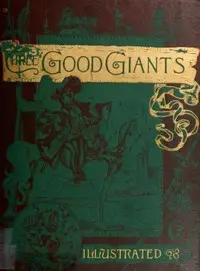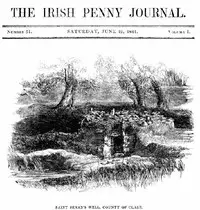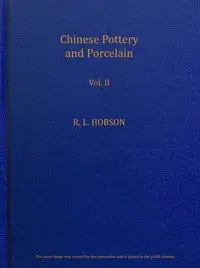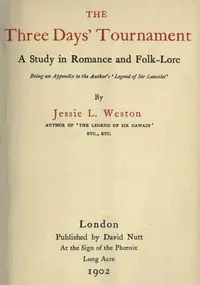"The Wanderer; or, Female Difficulties (Volume 5 of 5)" by Fanny Burney is a novel written in the late 18th century. The story revolves around Juliet, a woman facing various societal challenges and personal struggles as she navigates through a perilous journey filled with mystery and injustice, particularly concerning her identity and relationships. The book explores themes of femininity, morality, and the complexities of social expectations during a tumultuous time. At the start of the book, Juliet finds herself in a rustic setting, feeling secure among a kind family, but troubled by a nightmarish encounter tied to illicit activities in the New Forest. As she converses with Dame Fairfield, the family matriarch, it becomes evident that wrongdoing and fear are woven into the fabric of their lives, particularly due to the dubious actions of her husband and the local smuggler, Nat Mixon. Caught in a web of fear and moral dilemmas, Juliet's compassion for the family compels her to engage further, even as she grapples with her own dire situation and the need to escape the looming dangers. The opening sets the stage for a rich exploration of Juliet's inner conflicts and the external forces that threaten her safety. (This is an automatically generated summary.)

The Wanderer; or, Female Difficulties (Volume 5 of 5)
By Fanny Burney
"The Wanderer; or, Female Difficulties (Volume 5 of 5)" by Fanny Burney is a novel written in the late 18th century. The story revolves around Juliet,...
Frances Burney, also known as Fanny Burney and later Madame d'Arblay, was an English satirical novelist, diarist and playwright. In 1786–1790 she held the post of "Keeper of the Robes" to Charlotte of Mecklenburg-Strelitz, George III's queen. In 1793, aged 41, she married a French exile, General Alexandre d'Arblay. After a long writing career and wartime travels that stranded her in France for over a decade, she settled in Bath, England, where she died on 6 January 1840. The first of her four novels, Evelina (1778), was the most successful and remains her most highly regarded, followed by Cecilia (1782). Most of her stage plays were not performed in her lifetime. She wrote a memoir of her father (1832) and many letters and journals that have been gradually published since 1889, forty-nine years after her death.


















